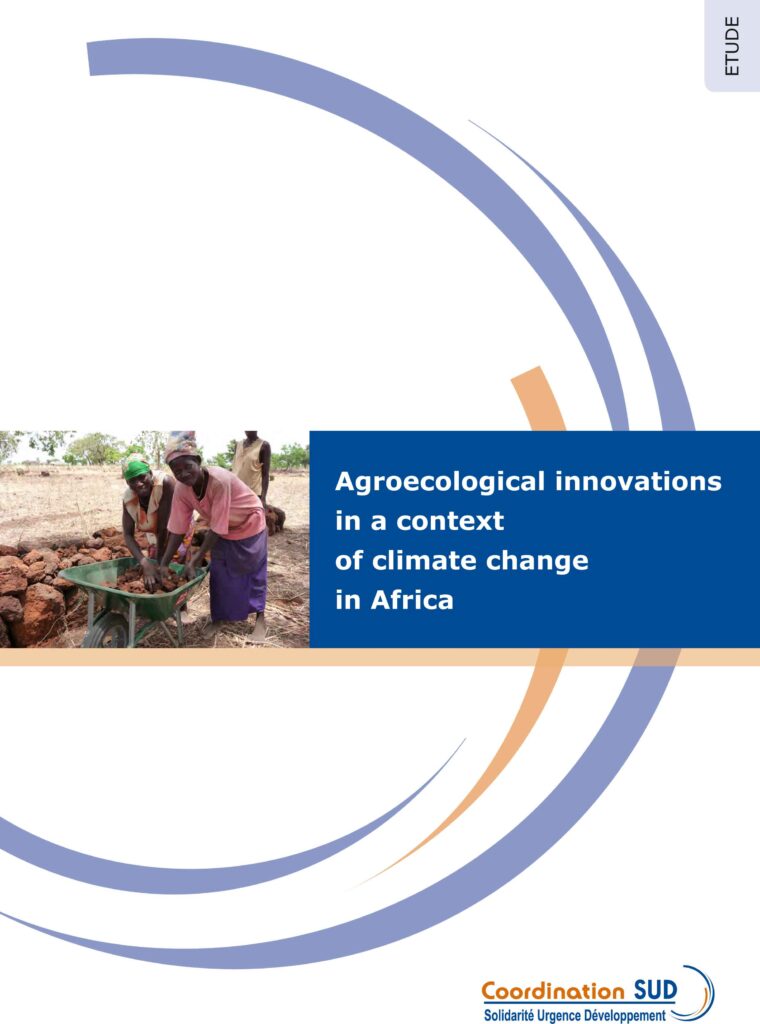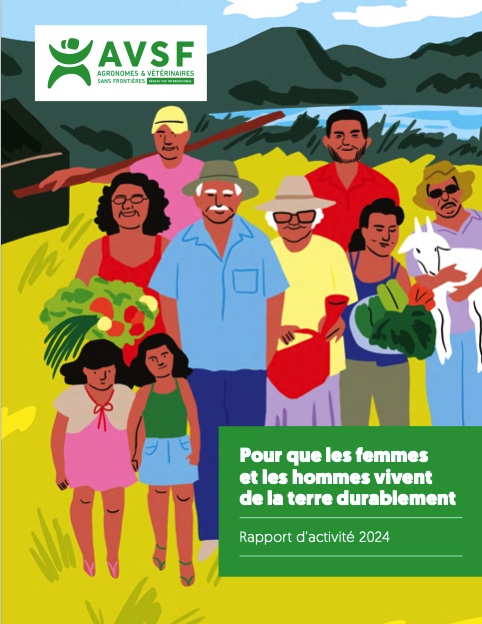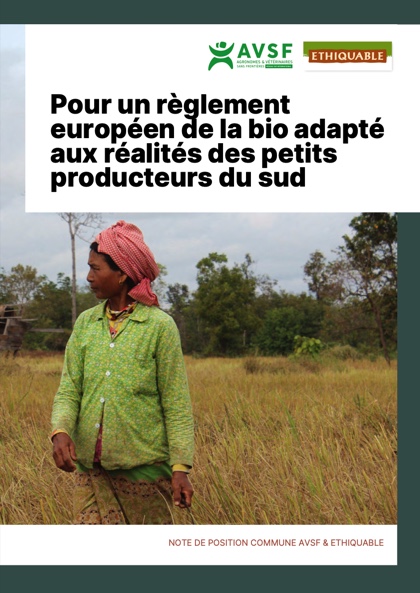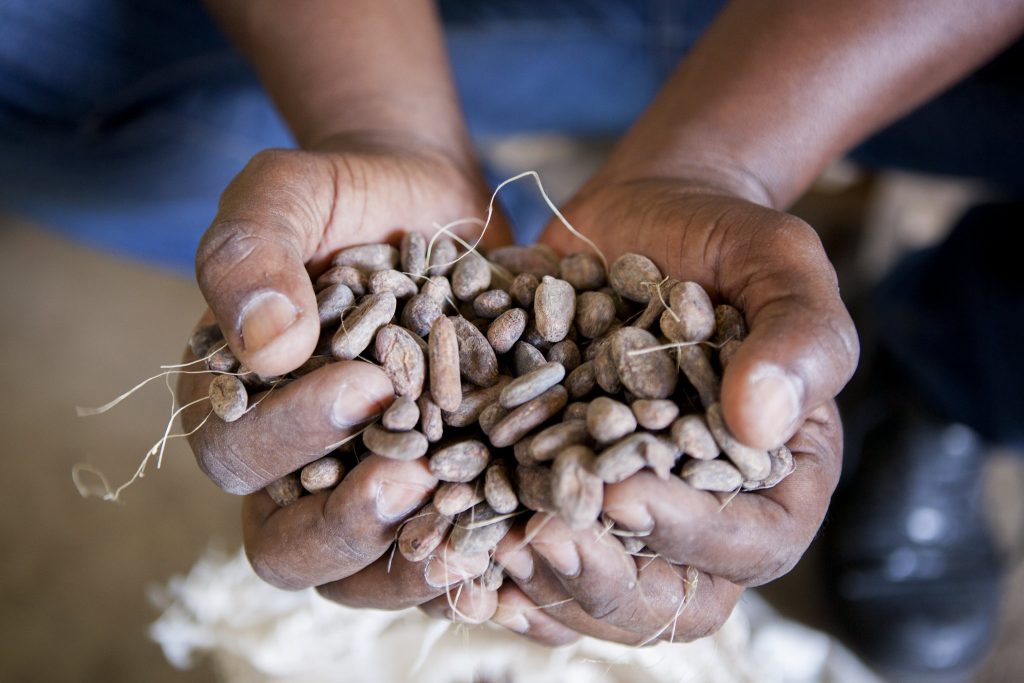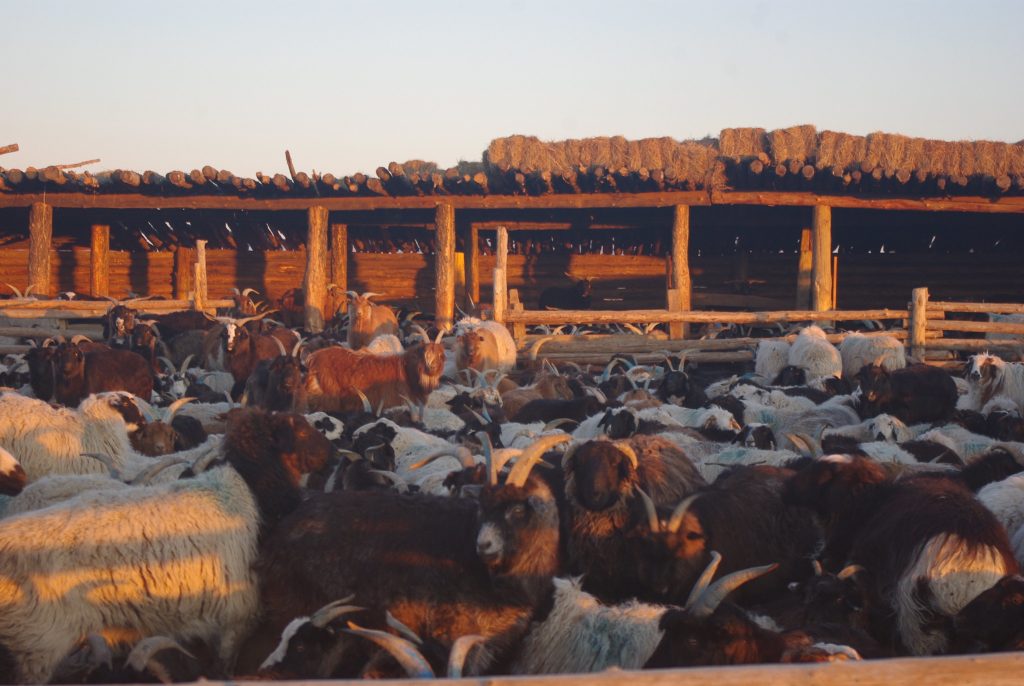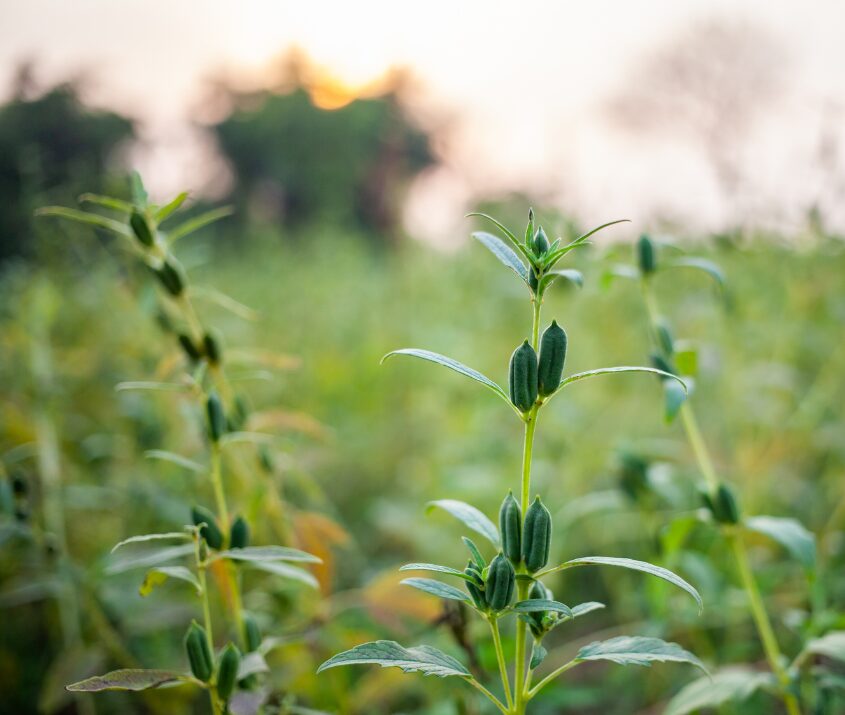Agroecological innovations in a context of climate change in Africa
Climate evolutions accelerate land degradation, further restrict water availability, and limit growth season length and crop and animal productivity. All over Africa, peasants implement agroecological practices to efficiently use natural resources for food production. This study presents adaptation strategies to climate change developing agroecology in the 4 major climatic zones of Africa, identifying 4 agricultural systems: oasis systems in arid zone, agro pastoral one in sub-arid zone, mixed crop-livestock one in sub humid and agroforestry in humid tropical regions. Smallholder farmers practices, linked with collective organization, contribute to improve the management of all the agroecosystem’s components, strengthening farming systems’ resilience to face climate change. Farming systems’ adaptation could therefore lay in the combination of practices that improves the global system’s functioning. The study was coordinated by AVSF, CARI and ISARA in the framework of the “Climate and Development Commission of Coordination Sud” and with the financial support of the French Agency for Development (AFD).
